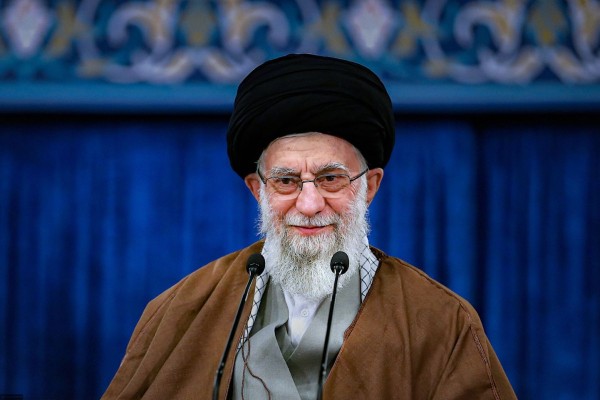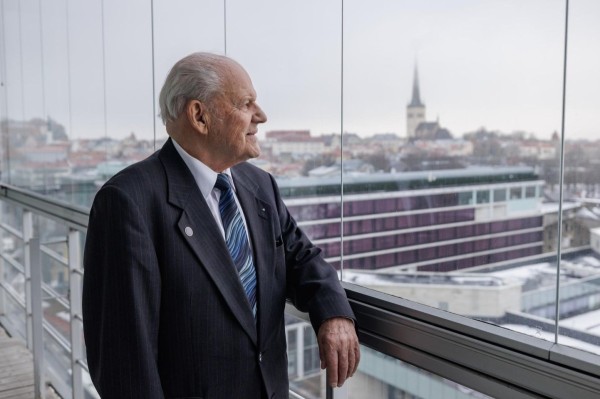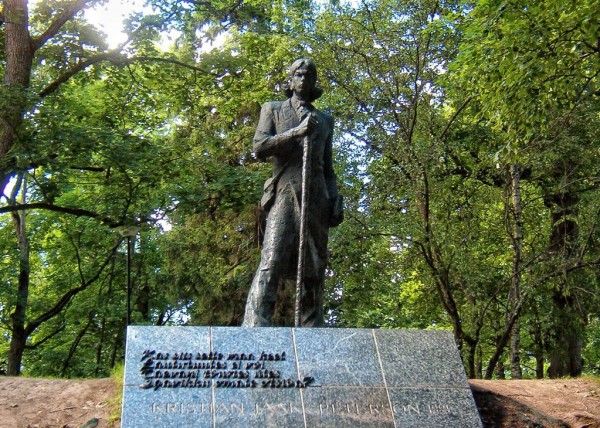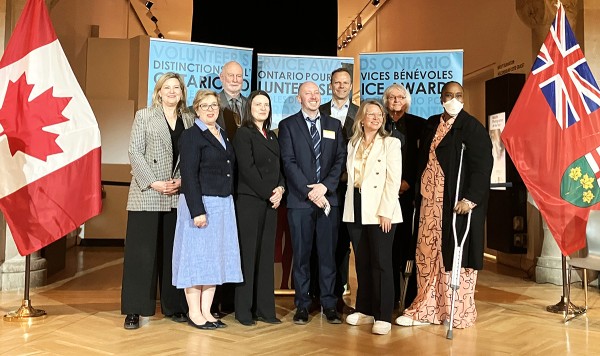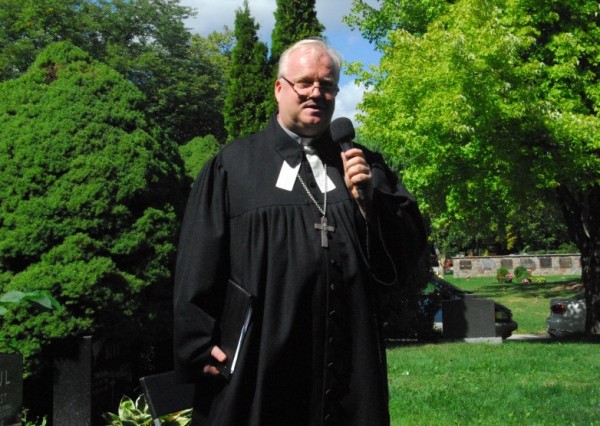Four ethnic Russian organizations have gone on public record together in demanding cultural autonomy for Russians living in Estonia.
Historically, Ingerians and Swedes in Estonia have been granted this status. However, both groups are tiny compared to the largest non-Estonian community: Russians. In Tallinn they make up over half of the city residents. Most Ingerians, who are part of the Finno-Ugric linguistic group, have lived in Estonia for not longer than three generations, mainly as a result of their suppression in Soviet Russia. The Swedes, on the other hand, have been Estonian inhabitants and part of the inter-cultural landscape for many generations.
Respect for and support of minorities is not foreign to Estonia. In 1925 Estonia passed a law on cultural autonomy, the first nation in Europe to do so. A year later Estonia granted the Jewish minority this status. At the time it was a historic milestone - not only internationally but also recognized as such within the widespread Jewish diaspora.
The current law on cultural autonomy, passed in 1993, gives recognized ethnic groups the right to compile a registry of their community members and to elect and convene “ethnic councils.” These were elected in 2004 and 2007. Some suggest that the reason why so few groups have taken advantage of the law and created the infrastructure for various other culturally autonomous communities is the vagueness of the legislation – it is not clear that such ethnic councils are recognized as duly legal entities. It has been said that this uncertainty hinders the work of the councils.
Cultural autonomy allows for the establishment of schools where the entire educational program would be in a recognized language. It also would be the foundation for preserving and nurturing the recognized culture and language. These prerequisites, it has been pointed out, already exist for the large Russian population.
Further, the Russian speaking community already has its own primary school system, ethno-cultural organizations and radio/TV programs – all funded by the Estonian government.
The 1925 law established a minimum size required for a cultural minority to have cultural autonomy. That benchmark was 3000 individuals. (Currently, only the Russians, Byelorussians, Ukrainians, and Finns have the necessary numbers to apply.) On that basis the Russian speaking residents in Estonia, numbering 342,000 according to the last official figures, should not have any difficulty gathering 3000 names for an application. An application to this end has been refused by the Ministry of Culture, who claimed that the submission did not appear to be representing anybody except the Russian Party in Estonia, a political organization. The application’s legitimacy is being tested currently in Estonian courts.
Observers indicate that the Russians cannot muster a unified representation to apply for the status due to internal rivalries. A consensus has yet to be achieved amongst the numerous Russian organizations in Estonia.
With such a huge segment of the population identifying itself as Russian, Estonia must understandably be cautious in helping to incubate a demographic environment that imperils the indigenous Estonian culture. Estonians remember the two attempts by Moscow in the 19th and 20th centuries to russify Estonia. They are also reminded of the Laws of Occupation of the 1907 Hague Convention, which specifically makes it illegal for the occupying power to engineer changes in the native population – numerically, linguistically, culturally or in any other way, an international humanitarian principle that the Soviets of Russian controlled Moscow summarily dismissed.
Estonians are justifiably vigilant in this regard.
Cultural autonomy in Estonia - bane or boon for indigenous cultural survival? (1)
Viimased kommentaarid
Kommentaarid on kirjutatud EWR lugejate poolt. Nende sisu ei pruugi ühtida EWR toimetuse seisukohtadega.
All very, very good points on a very difficult question but I see no solution.
Does one exist that would be acceptable for Estonians, Russians and the EU?
Does one exist that would be acceptable for Estonians, Russians and the EU?
Arvamus
TRENDING






